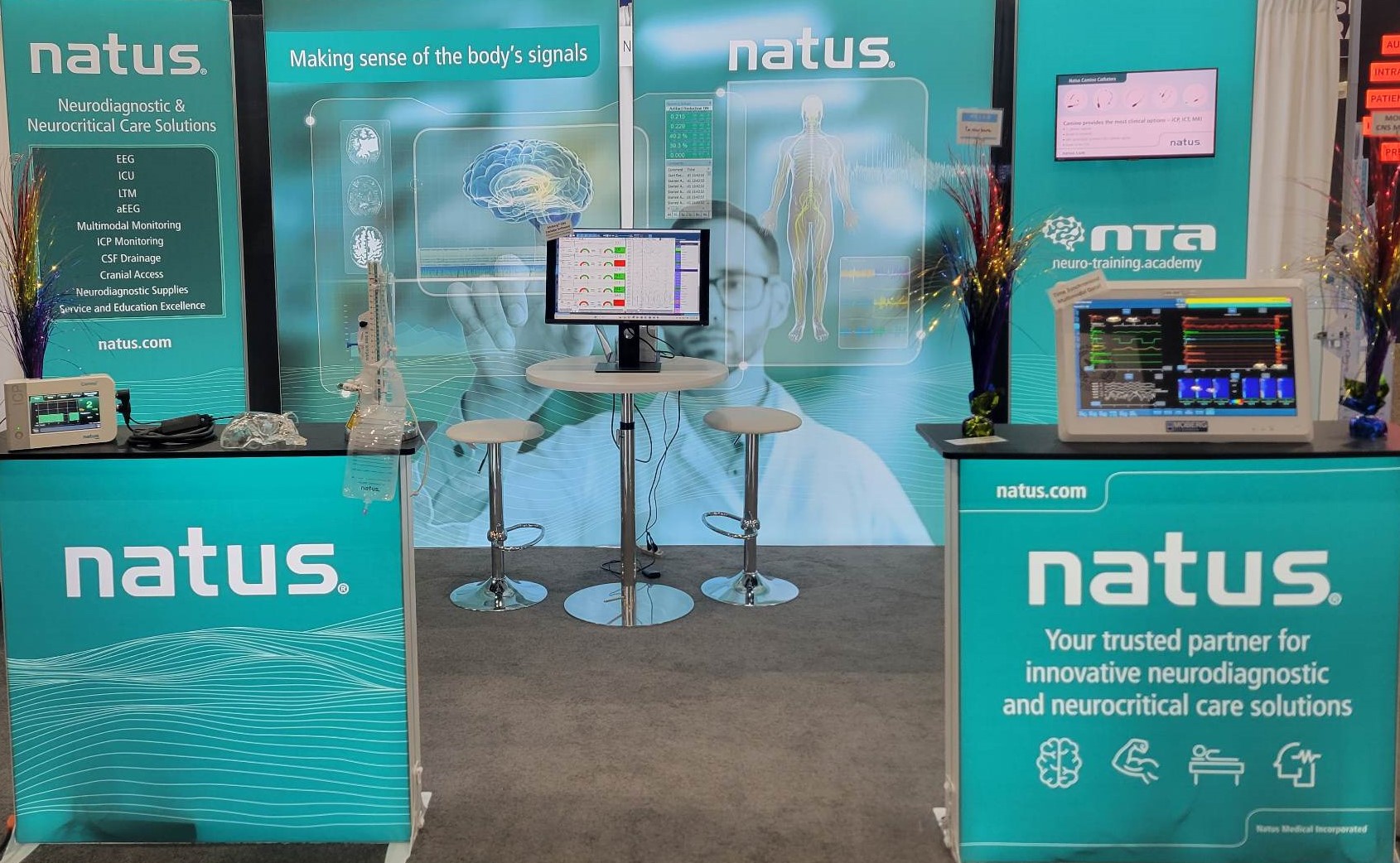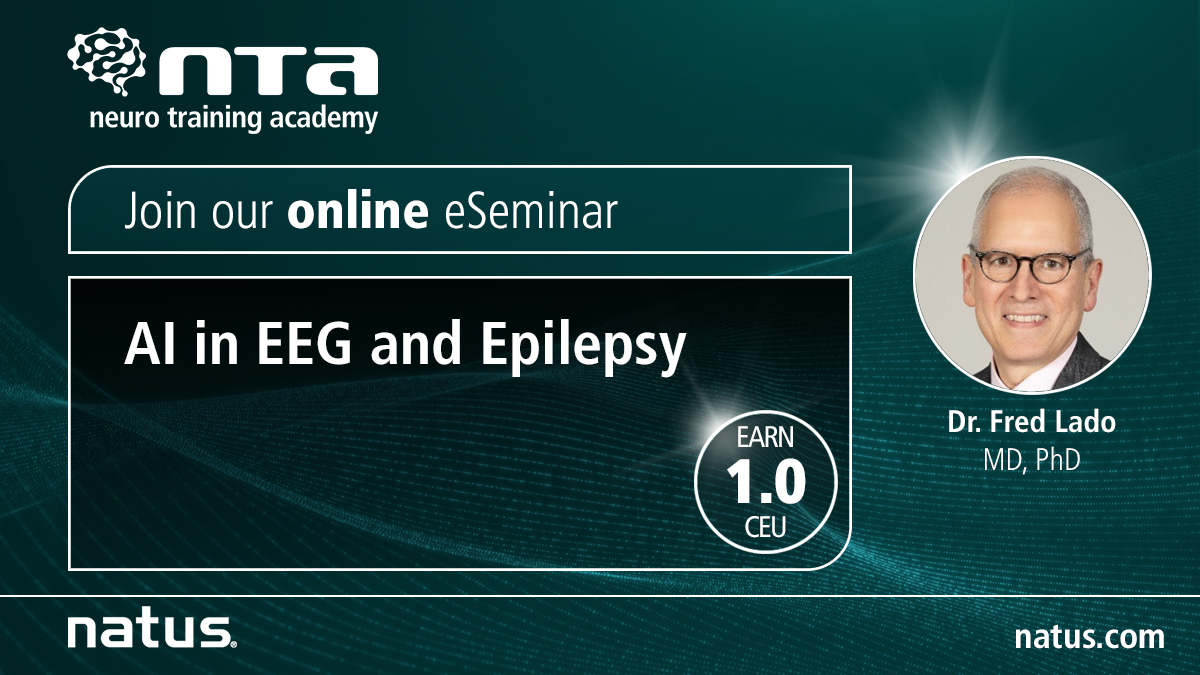- Version
- Download 9
- File Size 429.00 KB
- File Count 1
- Create Date November 16, 2023
- Last Updated November 16, 2023
| File | |
|---|---|
| Univariate comparison of performance of different cerebrovascular reactivity indices for outcome association in adult TBI: a CENTER-TBI study |
Univariate comparison of performance of different cerebrovascular reactivity indices for outcome association in adult TBI: a CENTER-TBI study
Frederick A Zeiler, Ari Ercole, Manuel Cabeleira, Marco Carbonara, Nino Stocchetti, David K Menon, Peter Smielewski, Marek Czosnyka
Abstract
Background: Monitoring cerebrovascular reactivity in adult traumatic brain injury (TBI) has been linked to global patient outcome. Three intra-cranial pressure (ICP)-derived indices have been described. It is unknown which index is superior for outcome association in TBI outside previous single-center evaluations. The goal of this study is to evaluate indices for 6- to 12-month outcome association using uniform data harvested in multiple centers.
Methods: Using the prospectively collected data from the Collaborative European NeuroTrauma Effectiveness Research in TBI (CENTER-TBI) study, the following indices of cerebrovascular reactivity were derived: PRx (correlation between ICP and mean arterial pressure (MAP)), PAx (correlation between pulse amplitude of ICP (AMP) and MAP), and RAC (correlation between AMP and cerebral perfusion pressure (CPP)). Univariate logistic regression models were created to assess the association between vascular reactivity indices with global dichotomized outcome at 6 to 12 months, as assessed by Glasgow Outcome Score-Extended (GOSE). Models were compared via area under the receiver operating curve (AUC) and Delong's test.





